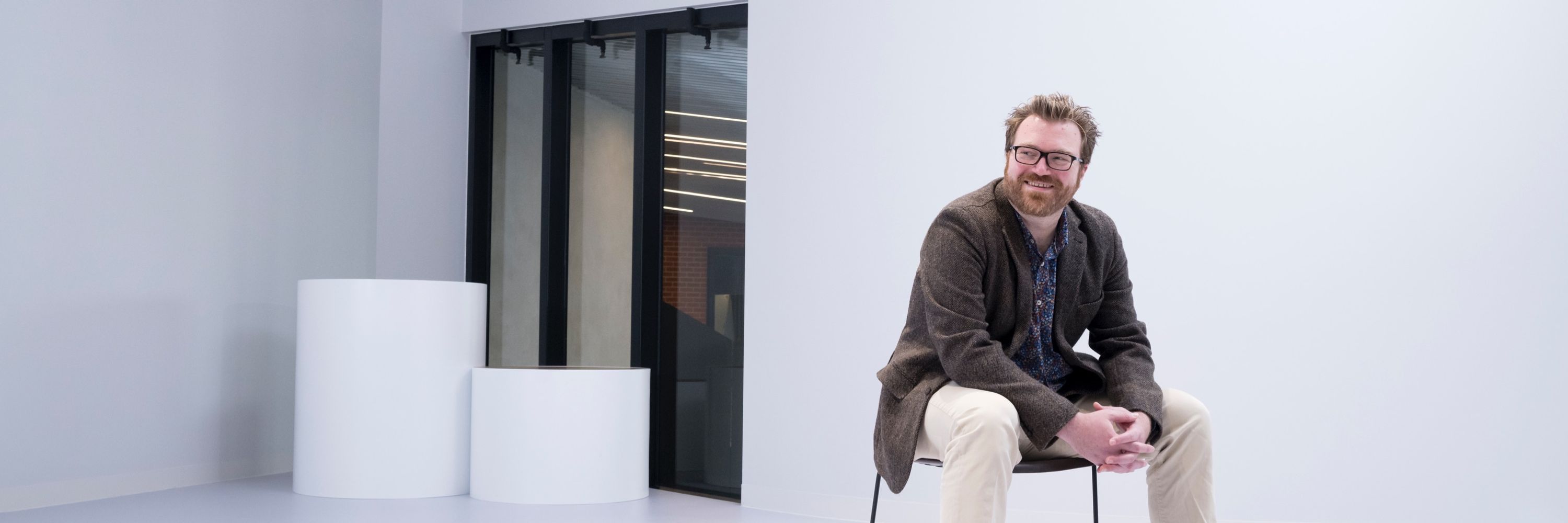
➡️ Read here: go.unimelb.edu.au/8e6p
#Psychotherapy #Meditation
➡️ Read here: go.unimelb.edu.au/8e6p
#Psychotherapy #Meditation
🔗🎧 Now you can listen to this conversation on ABC Radio National's Big Ideas: go.unimelb.edu.au/gq6p
#ContemplativeStudies #Mindfulness #DigitalWellbeing

🔗🎧 Now you can listen to this conversation on ABC Radio National's Big Ideas: go.unimelb.edu.au/gq6p
#ContemplativeStudies #Mindfulness #DigitalWellbeing

- 96% reported an unusual experience (change in sense of self, sense of bliss, loss of boundary btwn self/other)
- 58.4% reported an adverse effect (side effects that are negative)
- 9.1% reported functional impairment because of adverse effects
- 96% reported an unusual experience (change in sense of self, sense of bliss, loss of boundary btwn self/other)
- 58.4% reported an adverse effect (side effects that are negative)
- 9.1% reported functional impairment because of adverse effects

